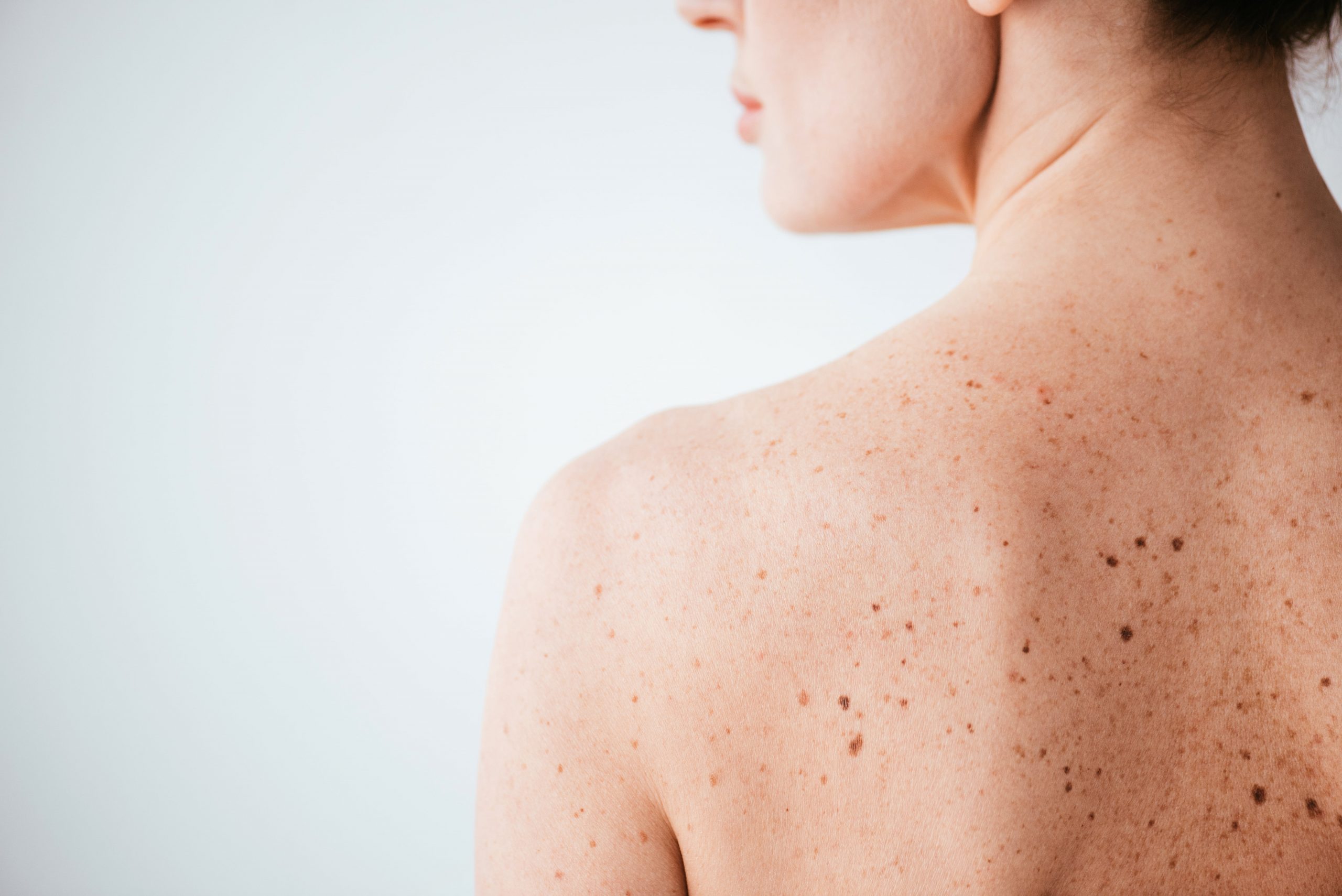There are many different types of skin diseases, and each one can present different symptoms and challenges. Here is a brief overview of some of the most common skin diseases:
Eczema: This is a chronic condition that causes the skin to become dry, itchy, and inflamed. There is no cure for eczema, but treatments can help to manage the symptoms.
Psoriasis: This is another chronic condition that causes the skin to become dry, itchy, and inflamed. It can also cause the formation of silvery scales on the skin. Psoriasis is not contagious and there is no cure, but treatments can help to manage the symptoms.
Acne: This is a very common skin condition that causes pimples and other blemishes. It is most common in teenagers, but can affect people of all ages. There is no cure for acne, but treatments can help to manage the symptoms.
Rosacea: This is a chronic condition that causes redness and inflammation of the face. It can also cause the formation of pus-filled bumps on the face. Rosacea is not contagious and there is no cure, but treatments can help to manage the symptoms.
Shingles: This is a viral infection that causes a painful rash on the body. Shingles is not contagious, but it can be very painful. There is no cure for shingles, but treatments can help to manage the symptoms.
Cold Sores: These are small, painful blisters that usually form on the lips or around the mouth. They are caused by a viral infection and are contagious. There is no cure for cold sores, but treatments can help to manage the symptoms.
Warts: These are small growths that can form on the skin. They are caused by a viral infection and are contagious. There is no cure for warts, but treatments can help to manage the symptoms.
Mild Skin Diseases
Mild skin diseases are medical conditions that cause the skin to become irritated, inflamed, or discolored. While these conditions are often harmless, they can be uncomfortable and cause embarrassment.
There are many different types of mild skin diseases, including acne, eczema, psoriasis, and rosacea. Each type has its own set of symptoms and treatment options.
Acne is a common mild skin disease that affects millions of people around the world. It is characterized by the appearance of pimples, blackheads, and whiteheads on the skin. Acne can be mild, moderate, or severe, and it often occurs on the face, chest, and back.
There are many over-the-counter and prescription medications available to treat acne. However, some people may experience side effects from these treatments, such as dryness, redness, and irritation.
Eczema is another common mild skin disease that causes the skin to become dry, itchy, and inflamed. It can affect any part of the body, but it is most often found on the hands, feet, ankles, elbows, and wrists. Eczema is not contagious and cannot be passed from one person to another.
There is no cure for eczema, but there are many treatments available to help manage the symptoms. These include over-the-counter creams and ointments, prescription medications, light therapy, and wet wraps.
Psoriasis is a chronic mild skin disease that causes the skin to grow new cells at a faster rate than normal. This results in the formation of thick, scaly patches on the skin that are often red or white. Psoriasis can occur on any part of the body, but it is most commonly found on the scalp, knees, elbows, and lower back.
Psoriasis is not contagious and cannot be passed from one person to another. There is no cure for psoriasis, but there are many treatments available to help manage the symptoms. These include topical creams and ointments, light therapy, oral medications, and injectable biologic drugs.
Rosacea is a chronic mild skin disease that causes redness and inflammation of the face. It often affects the middle third of the face, including the nose, cheeks, chin, and forehead. Rosacea can also cause the formation of small blood vessels on the face that are visible through the skin.
Rosacea is not contagious and cannot be passed from one person to another. There is no cure for rosacea, but there are many treatments available to help manage the symptoms. These include topical creams and ointments, oral medications, light therapy, and laser surgery.
How to Treat Different Skin Diseases?
There are a number of different skin diseases that can affect people of all ages. While some skin diseases are minor and can be treated at home, others may require medical treatment. It is important to be aware of the different types of skin diseases and how to treat them.
The most common skin disease is acne. Acne is a condition that causes the formation of pimples, blackheads, and whiteheads on the skin. It is most commonly seen on the face, but can also occur on the chest, back, and shoulders. Acne is caused by the overproduction of oil by the sebaceous glands. This oil clogs the pores and traps bacteria, which can lead to inflammation. Acne can be treated with over-the-counter medications, such as benzoyl peroxide or salicylic acid. For more severe cases, prescription medications, such as antibiotics or retinoids, may be necessary.
Eczema is another common skin disease. It is characterized by dry, itchy skin that can become red and cracked. Eczema is often seen in people who have a history of allergies or asthma. There is no cure for eczema, but it can be managed with over-the-counter creams and ointments. For more severe cases, prescription medications may be necessary.
Psoriasis is a chronic skin disease that causes the formation of scaly, red patches on the skin. It is most commonly seen on the scalp, knees, and elbows. Psoriasis is caused by an overproduction of skin cells. Treatment for psoriasis includes over-the-counter creams and ointments, as well as prescription medications.
Rosacea is a chronic skin condition that causes redness and inflammation on the face. It is most commonly seen in middle-aged women. Rosacea can be treated with over-the-counter creams and ointments. For more severe cases, prescription medications may be necessary.
Shingles is a viral infection that causes a rash on the face or body. The rash consists of blisters that can be painful. Shingles is most commonly seen in people over the age of 50. Treatment for shingles includes antiviral medications.
Skin cancer is the most serious type of skin disease. Skin cancer can occur on any part of the body and can be either non-melanoma or melanoma. Non-melanoma skin cancers, such as basal cell carcinoma and squamous cell carcinoma, are more common and are usually treatable with surgery or radiation therapy. Melanoma skin cancers are more aggressive and can spread to other parts of the body if not treated early. Treatment for melanoma skin cancer includes surgery, radiation therapy, and chemotherapy.


